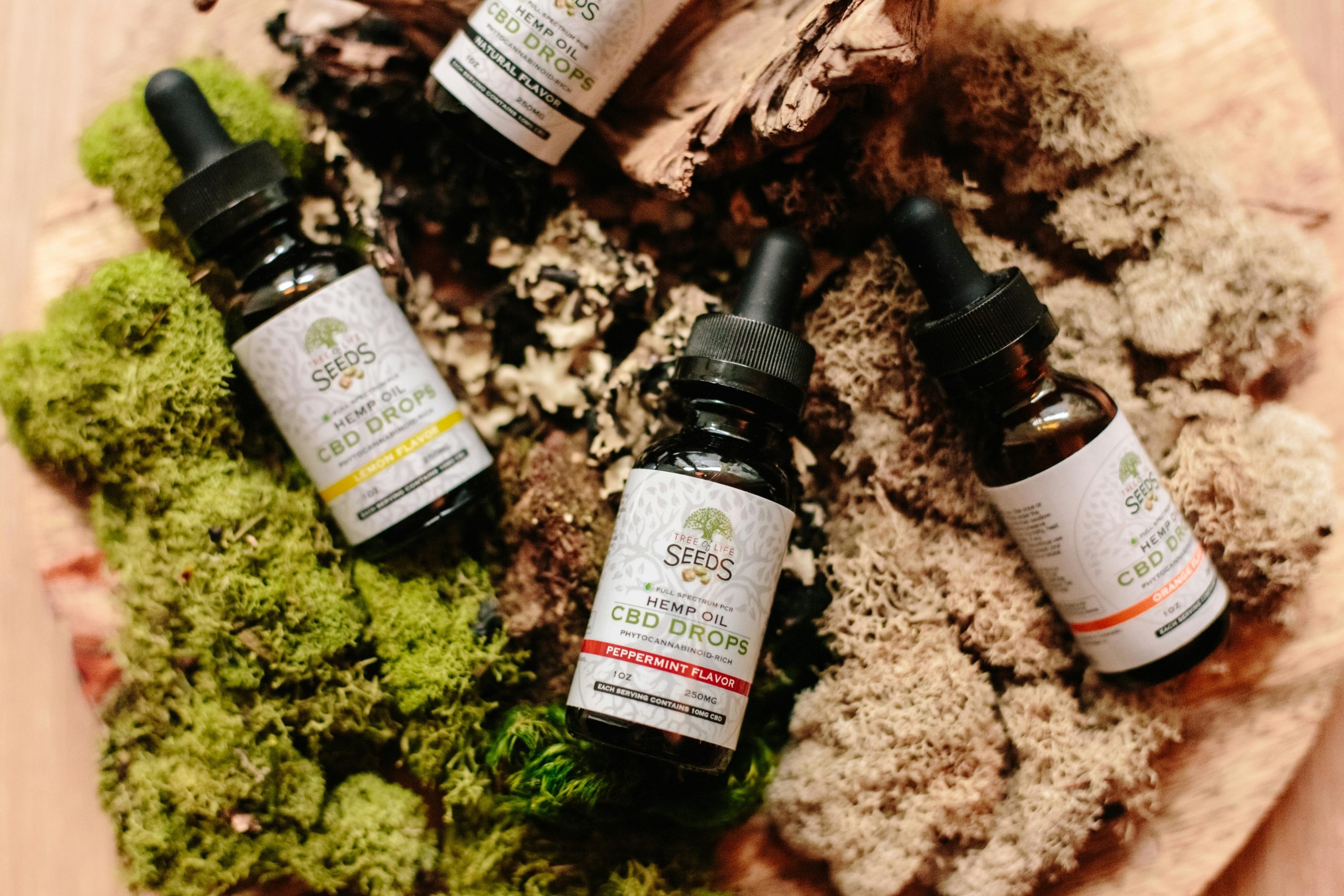Acne-prone skin can be frustrating to manage, especially when over-the-counter products and prescription medications don’t deliver the desired results. Fortunately, nature offers a wealth of remedies that can help soothe inflammation, reduce breakouts, and promote clearer skin without harsh chemicals. From kitchen staples to herbal extracts, these natural solutions are gentle yet effective. If you’re looking for a holistic approach to acne care, here are some of the best natural remedies to incorporate into your skincare routine.
1. Tea Tree Oil: A Powerful Antiseptic
Tea tree oil is one of the most well-known natural remedies for acne due to its potent antibacterial and anti-inflammatory properties. Derived from the leaves of the Australian tea tree, this essential oil helps combat acne-causing bacteria while reducing redness and swelling.
How to Use Tea Tree Oil for Acne
- Dilute before use: Mix 1-2 drops of tea tree oil with a carrier oil like jojoba or coconut oil to prevent irritation.
- Spot treatment: Apply directly to blemishes using a cotton swab for targeted relief.
- Face mask: Add a few drops to a clay mask for an extra antibacterial boost.
Studies have shown that tea tree oil can be as effective as benzoyl peroxide but with fewer side effects, making it a great alternative for sensitive skin.
2. Aloe Vera: The Soothing Healer
Aloe vera is a natural anti-inflammatory and antimicrobial agent that helps calm irritated skin and speed up healing. Its cooling gel is packed with vitamins, minerals, and enzymes that promote skin repair and hydration.
How to Use Aloe Vera for Acne
- Fresh gel application: Extract gel from an aloe leaf and apply it directly to clean skin as a moisturizer.
- Spot treatment: Dab aloe vera on active breakouts to reduce inflammation overnight.
- Mix with honey: Combine aloe vera with raw honey for a soothing face mask that fights bacteria.
Regular use of aloe vera can help fade acne scars and prevent future breakouts by keeping the skin balanced and hydrated.
3. Apple Cider Vinegar: A Natural Toner
Apple cider vinegar (ACV) is a popular home remedy for acne due to its ability to balance the skin’s pH and kill harmful bacteria. Its acetic acid content also helps exfoliate dead skin cells, preventing clogged pores.
How to Use Apple Cider Vinegar for Acne
- Diluted toner: Mix 1 part ACV with 3 parts water and apply with a cotton pad after cleansing.
- Spot treatment: Use a diluted solution on stubborn pimples to dry them out faster.
- Detox drink: Drinking diluted ACV may help balance hormones linked to acne.
Since ACV is strong, always patch-test first and avoid using it undiluted to prevent irritation.
4. Green Tea: Antioxidant-Rich Skin Saver
Green tea is loaded with antioxidants and polyphenols that reduce inflammation and sebum production, two major contributors to acne. Whether applied topically or consumed, green tea can significantly improve skin health.
How to Use Green Tea for Acne
- Cooled tea rinse: Brew green tea, let it cool, and use it as a refreshing facial rinse.
- Face mask: Mix green tea powder with honey for an anti-inflammatory mask.
- Daily consumption: Drinking 2-3 cups of green tea daily helps detoxify the body and reduce breakouts.
Green tea’s catechins help fight bacteria and soothe redness, making it ideal for acne-prone and sensitive skin types.
5. Honey and Cinnamon: A Healing Duo
Raw honey and cinnamon form a powerful combination for treating acne. Honey is a natural humectant and antibacterial agent, while cinnamon improves circulation and fights inflammation.
How to Use Honey and Cinnamon for Acne
- Face mask: Mix 2 tablespoons of honey with 1 teaspoon of cinnamon, apply for 10-15 minutes, then rinse.
- Spot treatment: Apply a small amount of honey directly to blemishes and leave it on overnight.
- Gentle scrub: Combine honey with sugar for a mild exfoliating scrub to unclog pores.
This duo not only fights acne but also leaves the skin soft and glowing.
Conclusion
Natural remedies offer a gentle yet effective way to manage acne-prone skin without harsh chemicals. From tea tree oil’s antibacterial power to aloe vera’s soothing properties, these solutions can help reduce breakouts, inflammation, and scarring. While results may vary depending on skin type, consistency is key—stick with these remedies for a few weeks to see noticeable improvements. Always patch-test new ingredients and consult a dermatologist if acne persists. With patience and the right natural approach, clearer, healthier skin is within reach.


